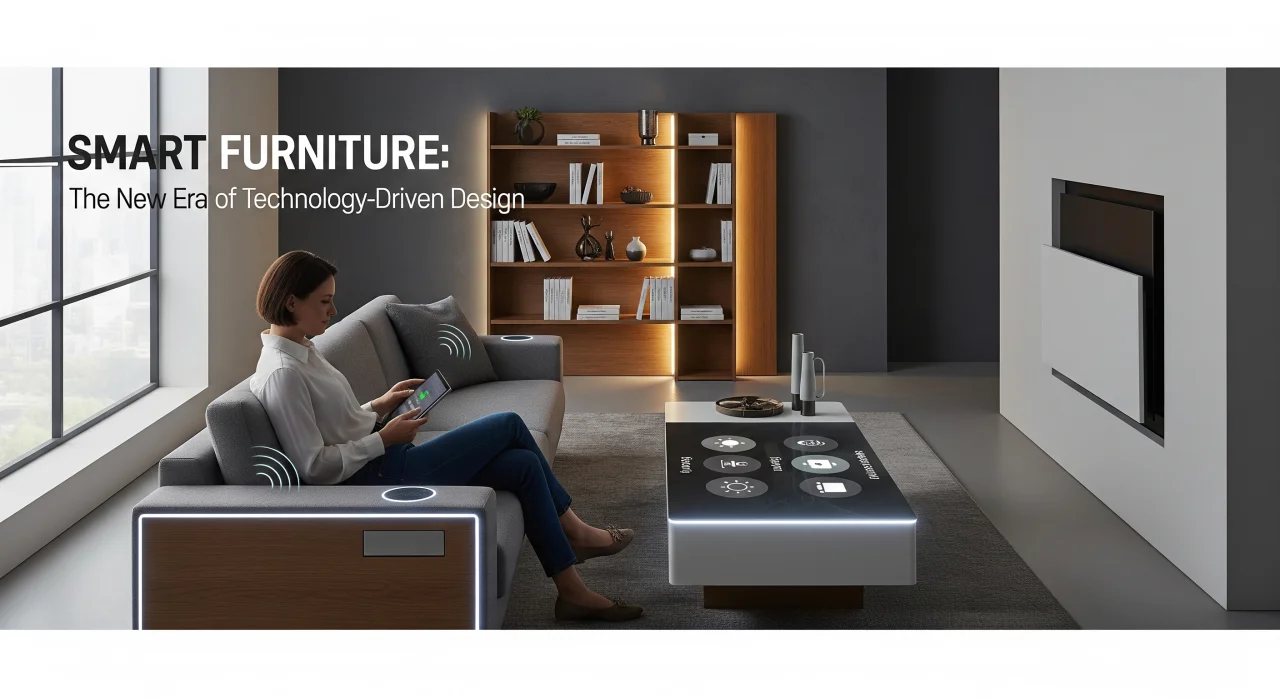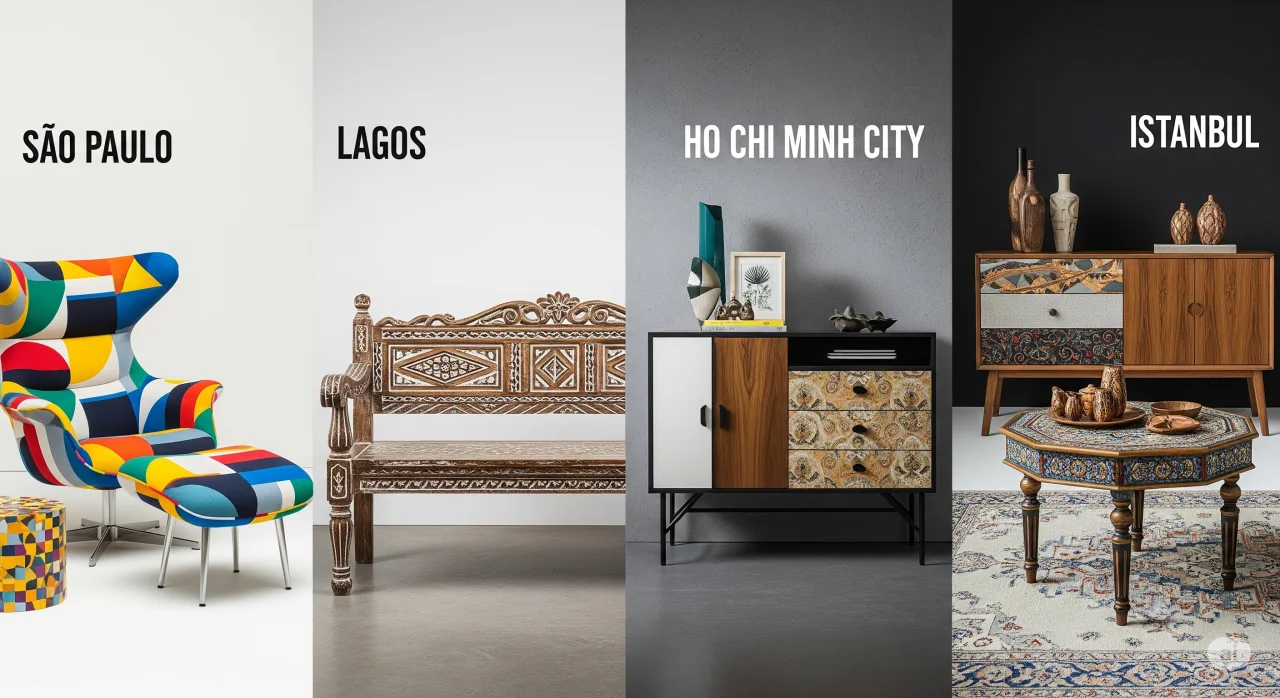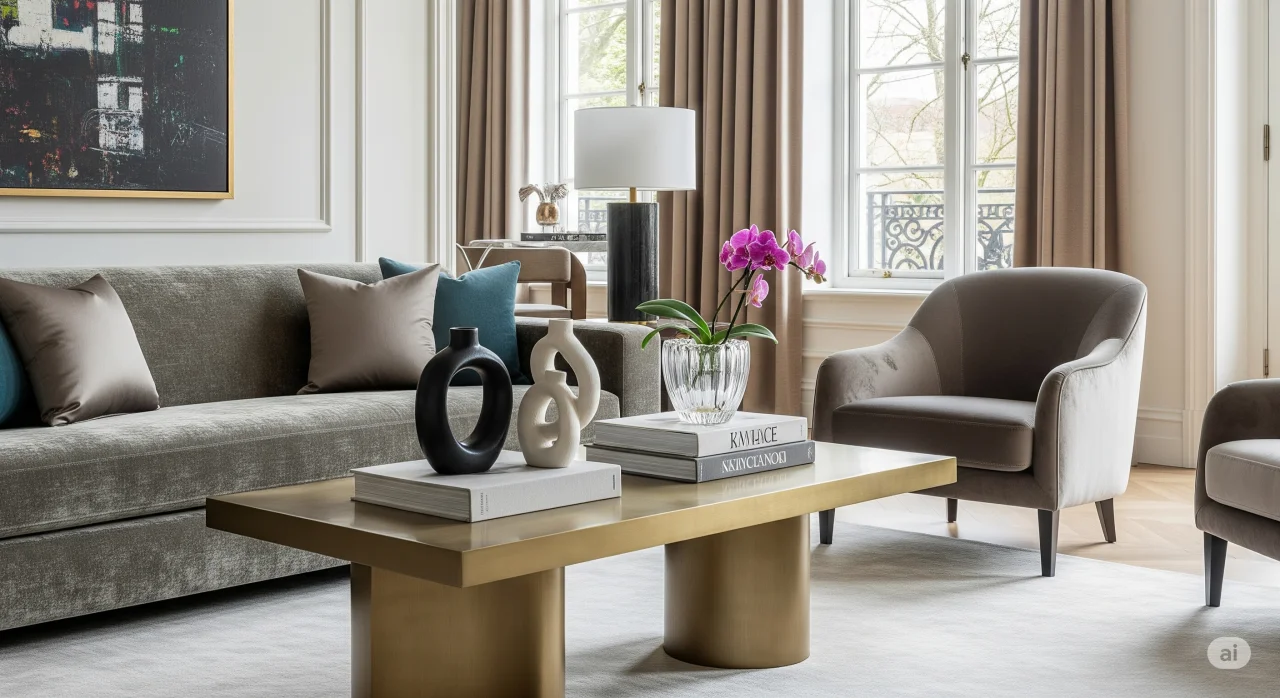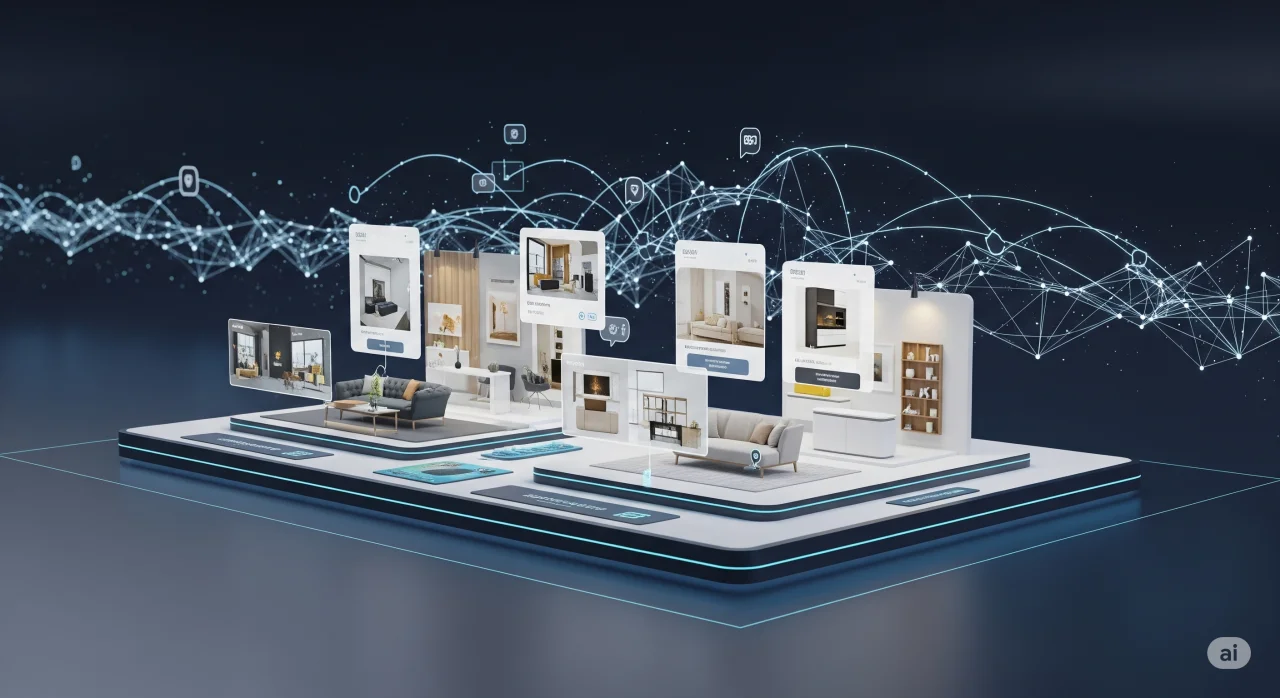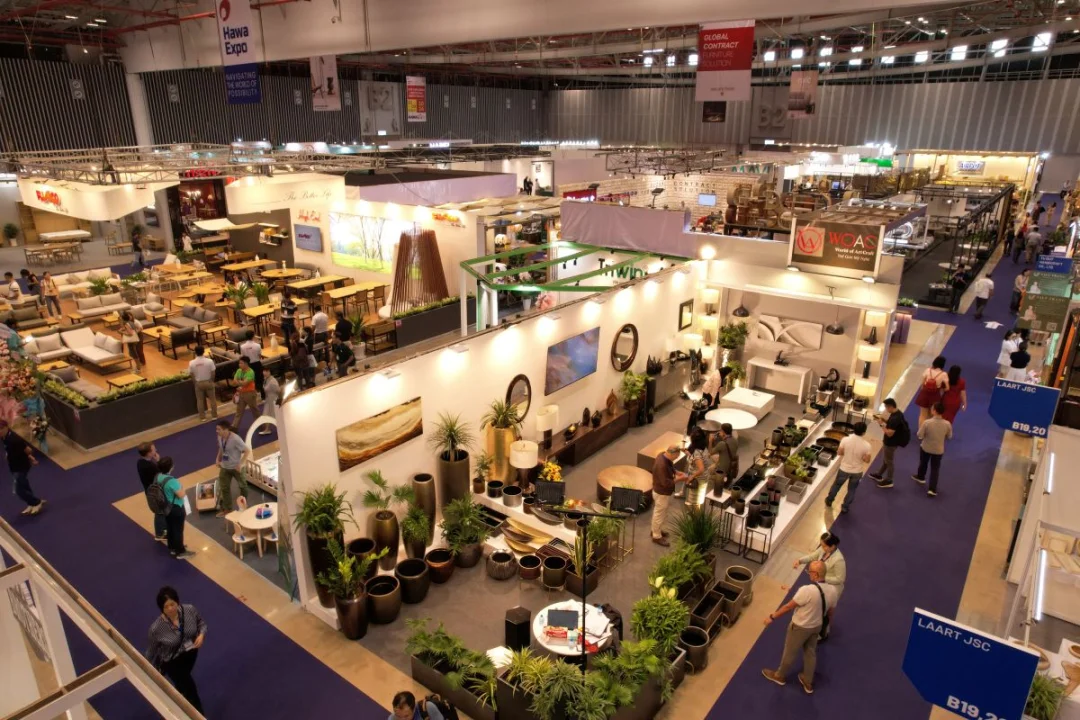The global furniture industry is entering a new chapter where technology and design merge seamlessly. Smart furniture is no longer a futuristic concept—it is quickly becoming an essential part of modern living. From connected desks to AI-powered lighting systems, these innovations are transforming how we interact with the spaces around us.
What Defines Smart Furniture?
Smart furniture integrates technology to enhance comfort, convenience, and efficiency. These pieces often feature:
- Wireless charging stations for phones and devices.
- Adjustable, sensor-based ergonomics to improve posture and health.
- Built-in connectivity, allowing furniture to sync with smart home systems.
- Energy-efficient designs, helping users reduce consumption.
Growing Demand in Homes and Workplaces
With remote work becoming mainstream, demand for ergonomic smart desks and chairs has skyrocketed. In offices, businesses are investing in technology-driven solutions to improve productivity and employee well-being. At home, multifunctional smart sofas, beds with integrated speakers, and voice-activated lighting create a personalized living environment.
Regional Market Trends
- North America leads the adoption of smart furniture, driven by smart home integration and consumer tech culture.
- Europe emphasizes energy efficiency and eco-conscious materials, merging sustainability with technology.
- Asia-Pacific shows rapid growth, with innovation hubs in Japan, South Korea, and China shaping futuristic designs that blend compact living with cutting-edge solutions.
Challenges and Opportunities
While the smart furniture sector is booming, it faces challenges such as high production costs, cybersecurity concerns, and the need for standardized technologies. However, these challenges also open doors for innovation. As furniture fairs and industry expos highlight, collaborations between tech companies and designers are already redefining the market.
The integration of AI, IoT, and sustainable materials will push smart furniture even further. Future designs will adapt to users’ lifestyles, monitor health, and contribute to energy-conscious living. At Furniture Fair, we recognize that technology is not replacing traditional craftsmanship—it is enhancing it, creating a new design language for the modern world.

